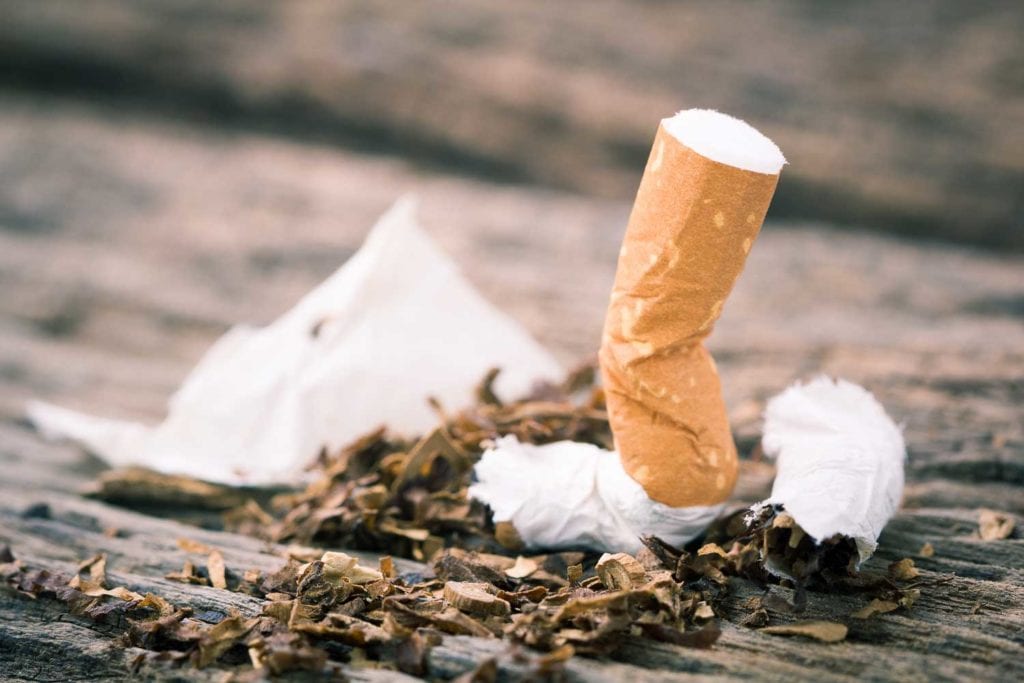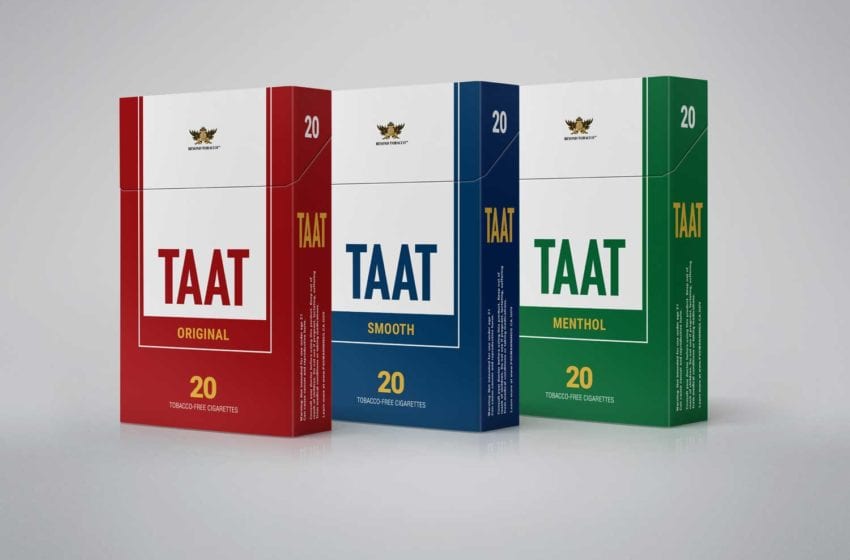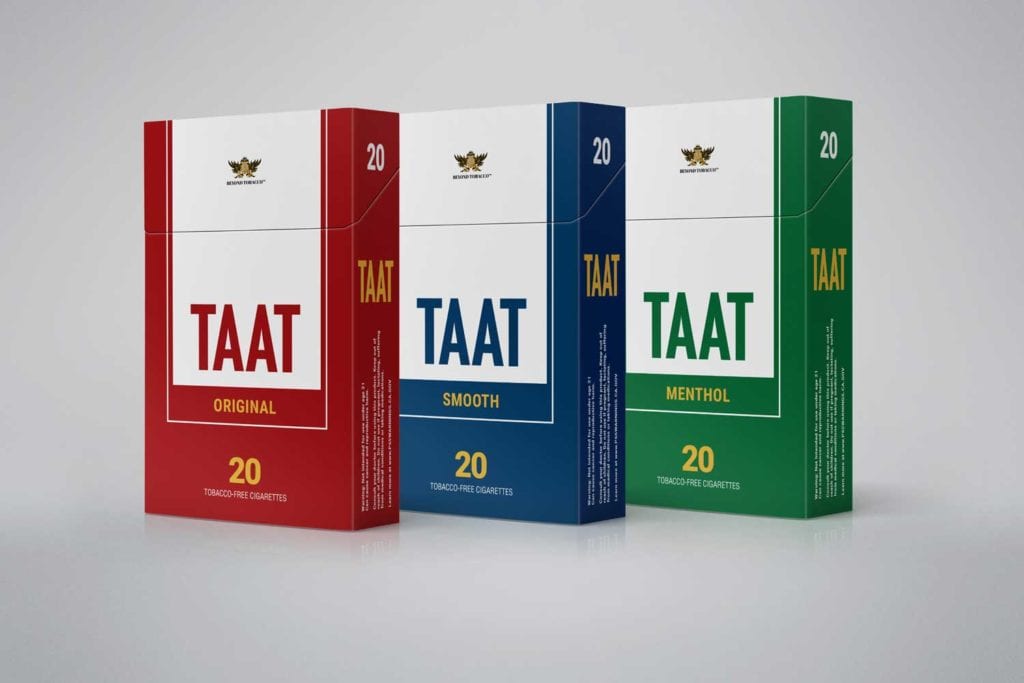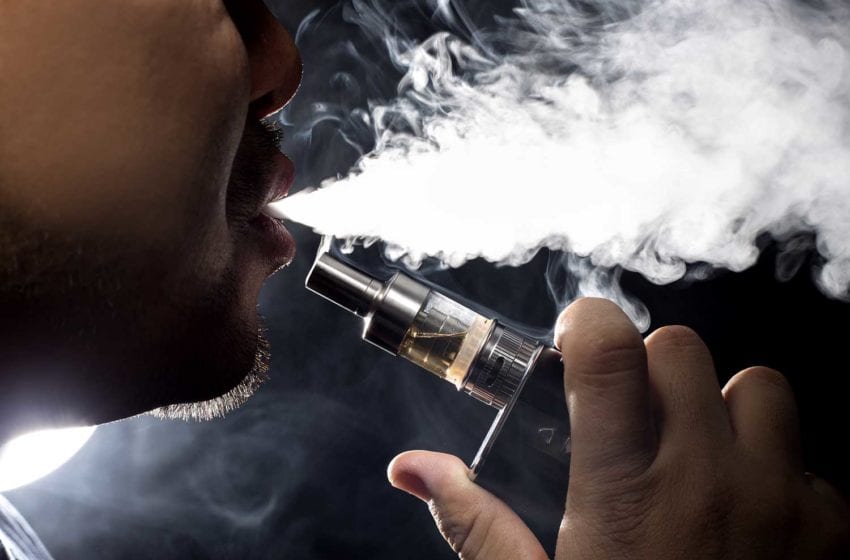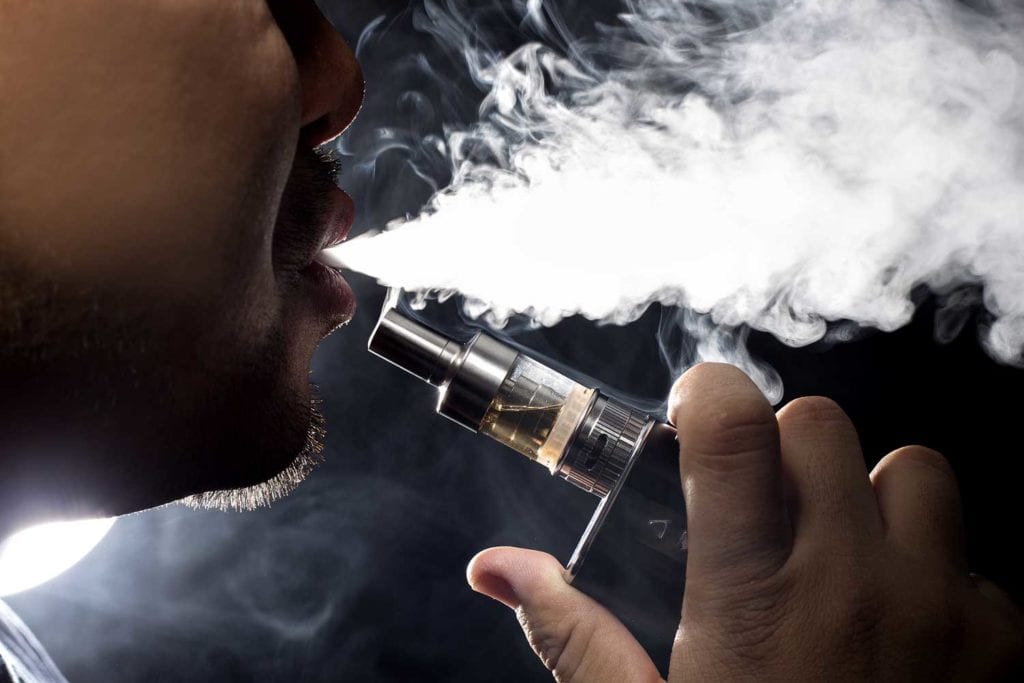
Turning Point Brands (TPB) reported net sales of $107.6 million and gross profit of $53.3 million for the first quarter ended March 31, 2021, up 18.7 percent and 28.6 percent, respectively. Net income increased $7.3 million to $11.8 million. Adjusted earnings before interest, taxes, depreciation and amortization (EBITDA) increased 57.4 percent to $28 million.
“Our first-quarter results demonstrated solid execution with year-over-year growth significantly outpacing our end markets,” said Larry Wexler, president and CEO of TPB, in a statement. “Zig-Zag led the way with a second consecutive quarter with over 40 percent growth, and Stoker’s delivered another double-digit growth quarter led by our MST business. As such, our core segments are continuing to perform well despite the tough comparables from the previous year period.
“NewGen had a solid growth quarter as it maintains optionality for long-term upside through its PMTA submissions.
“We are also excited about our recent investment in Docklight Brands, which increases our exposure in the cannabis space and boosts our portfolio through the addition of the Marley CBD products line.”
Our first-quarter results demonstrated solid execution with year-over-year growth significantly outpacing our end markets.
Larry Wexler, president and CEO, TPB
With the strength of the first-quarter results, TPB is revising its guidance provided on Feb. 10, 2021.
TPB projects net sales of $422 million to $440 million (up from previous guidance of $412 million to $432 million), which assumes strong double-digit sales growth for Zig-Zag products (up from previous guidance of double-digit sales growth); high single-digit sales growth for Stoker’s products (unchanged); mid to low single-digit declines for NewGen products (up from previous guidance of mid-single-digit sales declines), which includes single-digit declines for vape distribution (up from previous guidance of double-digit declines) offset by growth in Nu-X adjusted EBITDA of $103 million to $108 million (up from previous guidance of $99 million to $105 million).
For the second quarter of 2021, TPB projects net sales of $103 million to $109 million.





